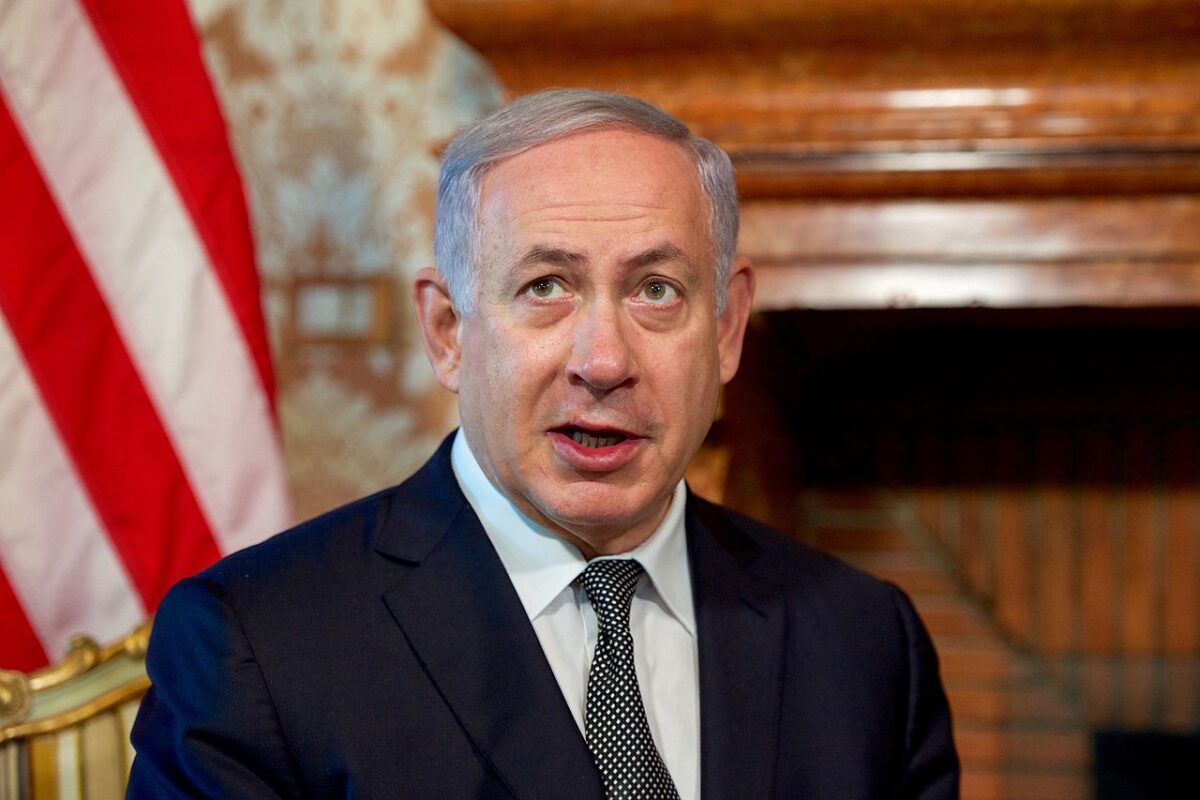Benjamin (Bibi) Netanyahu towered over Israeli politics like a colossus, ruling Israel for a total of 15 years and eclipsing the legendary David Ben-Gurion as its longest-serving prime minister.
In a career spanning more than three decades, he was also Israel’s ambassador to the United Nations, its foreign minister and its finance minister.
And though his days as prime minister ended on June 13 with the installation of Naftali Bennett’s government, he remains the leader of the right-wing Likud Party and of the opposition in the Knesset.
Netanyahu, 71, has assured his supporters he will be back as prime minister, a promise no one should discount. He is a tenacious survivor and a gritty fighter.

He won his first general election in 1996, only to be defeated three years later by Ehud Barak of the center-left Labor Party. He guided the Likud to a disastrous showing in the 2006 election, winning only 12 out of 120 seats. But in 2009, he roared back and formed his second government after Tzipi Livni of the new centrist Kadima Party failed to cobble together a coalition.
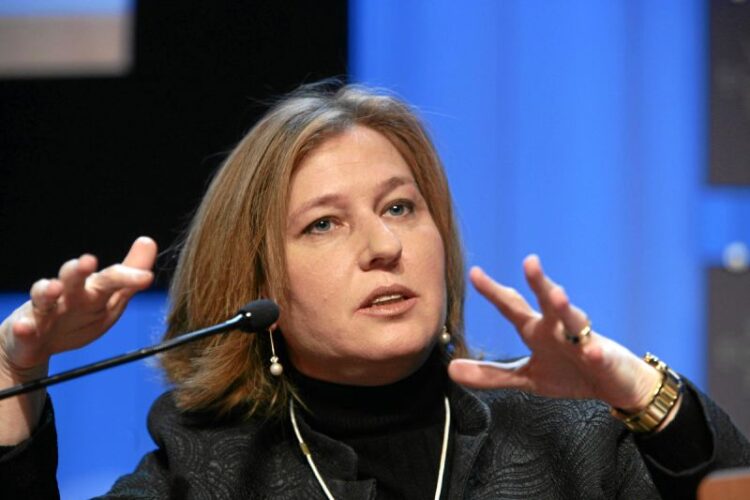
Netanyahu emerged triumphant in the 2013 and 2015 elections, establishing coalitions with ultra-Orthodox, right-wing and centrist parties to retain his grip on power.
From 2019 to 2021, he called four elections, all of which ended inconclusively, but with the Likud winning the greatest number of seats and with Netanyahu usually ensconced in the role of caretaker prime minister.
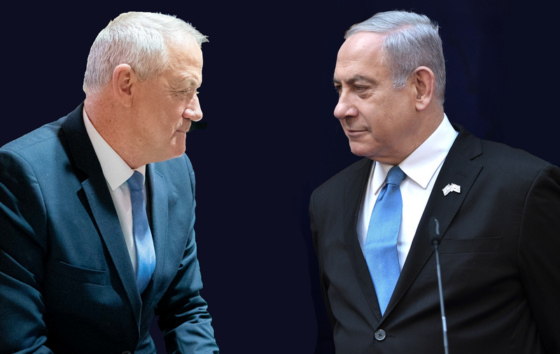
In the last election nearly three months ago, Netanyahu tried to form a government. He failed because four previous allies turned against him — Bennett’s Yamina Party, Gideon Sa’ar’s New Hope Party, Benny Gantz’s Blue and White Party, and Avigdor Liberman’s Yisrael Beytenu Party.

Without their endorsements, he was unable to assemble a majority in the Knesset. Sa’ar, Gantz and Liberman formed an alliance with Bennett, Yair Lapid of the centrist Yesh Arid Party, and an Arab parliamentarian, Mansour Abbas of the Ra’am Party, thereby outflanking Netanyahu.
Throughout his career as prime minister, he demonized Israeli Arabs as potentially disloyal. In one infamous comment on the eve of the 2015 election, he warned his supporters that Arab voters were turning out in “droves.”

Given his Arab-bashing record, observers were surprised by his unsuccessful attempt to recruit Abbas — an Islamist whose party is anti-Zionist — into his coalition. In the process, Netanyahu legitimized Abbas, cleared the way for him to join Bennett’s government, and inadvertently contributed to his own downfall.
Netanyahu was a first-class orator, a fluent English speaker, a consummate tactician and a master strategist, but his grating personality, his lack of transparency and his tendency to renege on promises angered and alienated colleagues.
His flagrant flaws notwithstanding, he was a talented operator. In his recently published memoir, the former U.S. president, Barack Obama, described Netanyahu as “smart, canny, tough and a gifted communicator.”
Much to his detriment, Netanyahu believed he was indispensable, his hubristic sense of entitlement leading him astray. Indicted in 2019 on corruption charges of bribery, breach of trust and fraud, he condescendingly likened the indictments to an attempted coup and accused the media and the judiciary of persecuting him. And after Lapid and Bennett unceremoniously unseated him, he claimed he had been cheated of victory.
Politically, Netanyahu was a Zionist Revisionist who sincerely believed that Israel had full historic title to the West Bank, that Israel’s conflict with the Palestinians could be managed but not resolved, and that Palestinian statehood would be inimical to Israel’s strategic interests.
Animated by these principles, Netanyahu built new neighborhoods in eastern Jerusalem, expanded the network of settlements in the West Bank, Gaza Strip and Golan Heights, and opposed Israel’s unilateral withdrawal from Gaza in 2005.
Netanyahu assumed the leadership of the Likud Party in 1993, the year the Oslo accord was signed by Israel and the PLO. He railed against its provisions for Israeli territorial withdrawals and lambasted one of its chief proponents, the then prime minister Yitzhak Rabin. Netanyahu appeared at anti-Oslo rallies where chilling chants of “Death to Rabin” were heard. After Rabin’s assassination in 1995, Netanyahu was accused of having fueled the campaign of incitement against him.
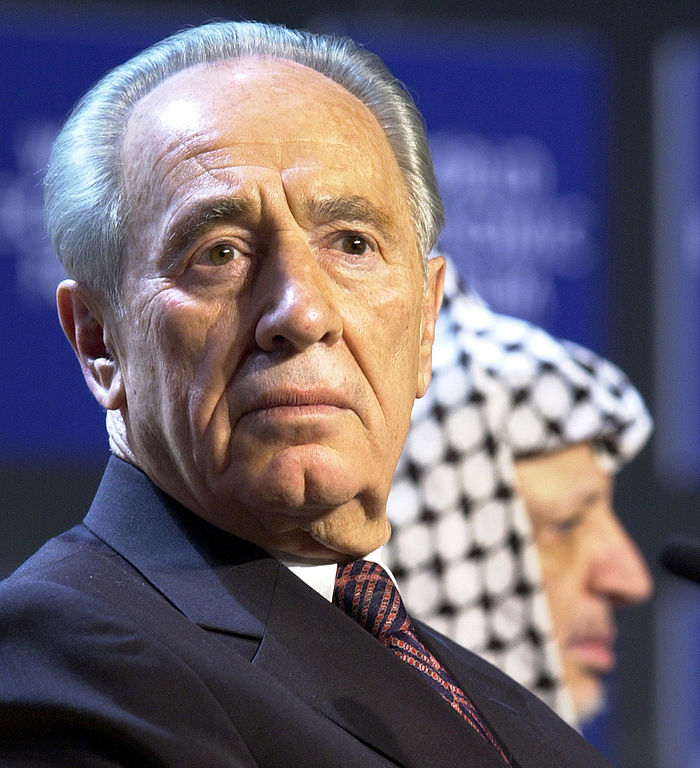
By the skin of his teeth, Netanyahu defeated Shimon Peres, Rabin’s successor, in the 1996 election. Much to the annoyance of many Israelis, Netanyahu was reluctant to commit himself to Oslo or to meet his Palestinian counterpart, Yasser Arafat, the chairman of the Palestine Liberation Organization.
Under intense U.S. pressure, Netanyahu grudgingly embraced Oslo, conferred with Arafat, and agreed to relinquish 13 percent of the West Bank and much of Hebron, a Palestinian town in the West Bank. He kept his promise with respect to Hebron, home to a colony of Jewish settlers, but reneged on ceding territory in the West Bank.
Under Netanyahu’s premiership, Israel’s ties with Jordan — the second Arab country to sign a peace treaty with Israel — took a big hit after an unsuccessful Mossad operation in Amman to assassinate Khaled Meshal, a top-ranking Hamas official.
Following his defeat in the 1999 election, Netanyahu retreated into private life before regaining the mantle of the Likud. Resuming the premiership in 2009, he agreed to a partial 10-month settlement freeze and came out in favor of a two-state solution on condition that a future Palestinian state would be demilitarized and that Israel’s status as a Jewish state, with its capital in Jerusalem, would be recognized by the Palestinian Authority.
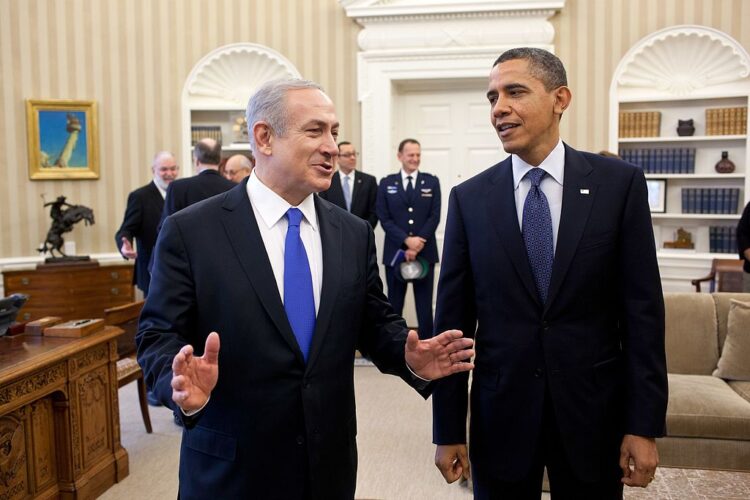
In 2013, the Obama administration prodded Netanyahu and the Palestinian Authority, now headed by Mahmoud Abbas, into peace talks, but they lasted less than a year and basically came to naught. From that point onward, Netanyahu reverted to form, gradually withdrawing his endorsement of the two-state solution, falsely claiming that Israel had no negotiating partner in Abbas, and expanding Israeli settlements in the West Bank.
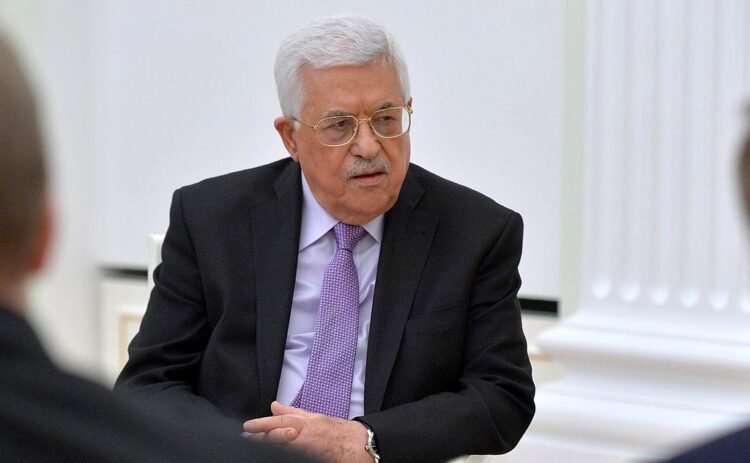
Inevitably, Netanyahu’s relationship with Obama and the Palestinian Authority deteriorated. In the years ahead, he tried to weaken Abbas and the Palestinian Authority.
Netanyahu’s cool relations with Obama were, in part, rooted in Washington’s advocacy of a nuclear agreement with Iran, Israel’s arch enemy. To Obama’s chagrin, Netanyahu lambasted it as a bad deal in a blistering speech to the U.S. Congress in 2015.
With the Mossad leading the charge, Israel attempted to slow down or derail Iran’s nuclear program by means of sabotaging its facilities and assassinating its scientists. Netanyahu even seriously considered launching air strikes against Iran’s nuclear sites, but his plan was foiled by the chief of staff of the Israeli armed forces and the director of the Mossad.
Israel extended its shadow war against Iran in Syria, which has been torn by a civil war since 2011. With Iran attempting to set up bases on the Syrian side of the Golan from which to attack Israel, Netanyahu ordered the Israeli Air Force to launch a concerted air campaign aimed at destroying them.
Netanyahu also ordered attacks on Hezbollah arms convoys en route from Syria to Lebanon and on factories manufacturing precision-guided missiles for Hezbollah.
On the southern front, Netanyahu sought to contain Hamas, the governing authority in Gaza, through a blockade and retaliatory air, artillery and tank strikes. In addition, Israel allowed Qatar to fund projects in Gaza to the tune of about $1 billion to rehabilitate its tottering economy. Nevertheless, cross-border wars broke out in 2012, 2014 and last month, all of which were defused by ceasefires brokered by Egypt, the mediator of choice of both sides.

On a more broader level, Netanyahu upgraded relations with Russia, China and India and reached out to countries in Africa that had severed ties with Israel following the 1967, 1973 and 1982 Arab-Israeli wars.
Netanyahu’s greatest foreign policy achievement unfolded within a matter of months in the summer and autumn of 2020, when Israel signed normalization agreements with the United Arab Emirates, Bahrain, Sudan and Morocco without having to settle the simmering Palestinian problem.
He assumed he could bypass the Palestinians through such bilateral accords, but Saudi Arabia’s adamant refusal to normalize relations with Israel, plus the most recent war in Gaza, illustrated the limits of this short-sighted and unrealistic policy.
The Abraham agreements were orchestrated by the former Republican president, Donald Trump, who proved to be Israel’s staunchest American presidential ally since its creation in 1948.
Trump recognized Jerusalem as Israel’s capital, moved the U.S. embassy to Jerusalem, recognized Israel’s sovereignty on the Golan, decreed that Israeli settlements beyond the old Green Line were in accord with international law, downgraded relations with the Palestinian Authority, and defunded the United Nations agency supporting Palestinian refugees in the Middle East.
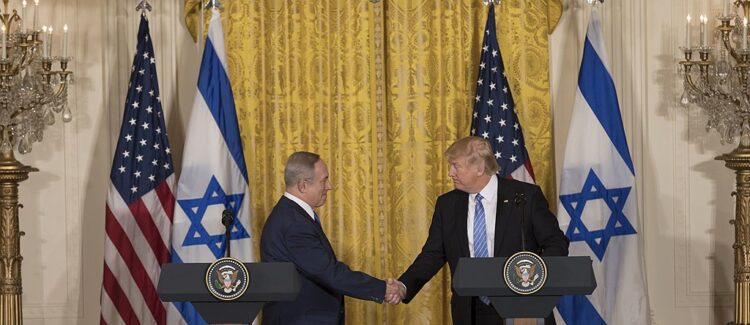
Trump, as well, unveiled an Israeli-Palestinian peace plan, but it was so heavily tilted in Israel’s favor that the Palestinians rejected it completely.
To Netanyahu’s immense satisfaction, Trump withdrew from the Iran nuclear agreement, which Trump’s Democratic successor, Joe Biden, is currently trying to resuscitate.
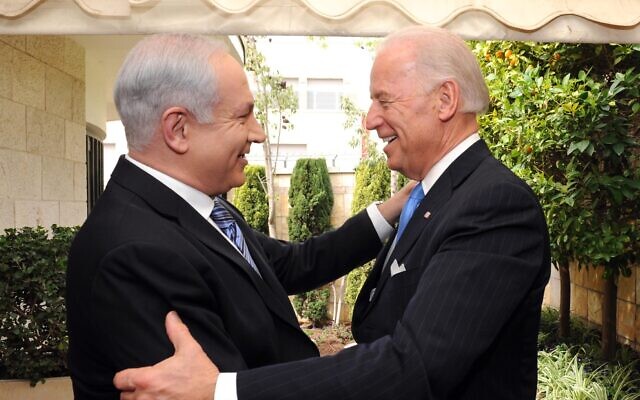
Trump, however, backtracked on his pledge to endorse Israel’s annexation of the Jordan Valley, which accounts for one-third of the West Bank.
Netanyahu’s alliance with Trump bolstered Israel’s standing in the Republican Party but eroded its status in the Democratic Party, particularly in the progressive wing. The upshot was that bipartisan support for Israel in the U.S. Congress eroded.
During his record-breaking five terms of office, Netanyahu, a Republican at heart, cultivated the modern Orthodox Jewish and evangelical Christian communities at the expense of Reform and Conservative Jews.
During his tenure, Netanyahu liberalized the economy, with the gross domestic product growing by 50 percent and exports doubling.
The coronavirus pandemic, which devastated the economy, was one of his biggest internal challenges. He met it head on, ordering sufficient shipments of vaccinations to reach Israel in a timely manner and preparing Israelis to live with Covid-19 restrictions. Israel vaccinated most of its adult population before any other country and served as a laboratory on how to successfully cope with the deadly contagion, which has killed a little more than 6,000 Israelis.
Netanyahu shamelessly tolerated ultra-Orthodox resistance to pandemic protocols because his coalition relied on the backing of haredi parties.
His successors will focus on rehabilitating the battered economy once the pandemic has been vanquished. He, on the other hand, will do everything possible to topple Bennett and company.
Today, only three days after Bennett was sworn in as prime minister, the Likud faction chairman Miki Zohar submitted a Knesset no-confidence motion against the government, inaccurately claiming it was “established on lies” and “does not have a mandate from the public.”
This is the mean-spirited and negative tone Netanyahu and his lieutenants intend to set in the weeks and months to come.
